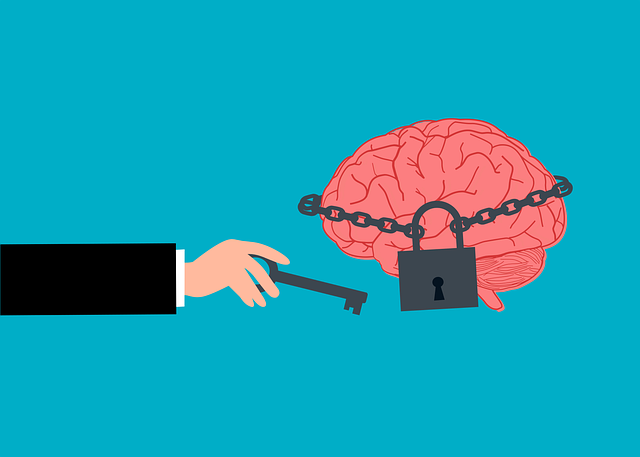Centennial Abuse Survivors Therapy (CAST) is a specialized approach for healing trauma. It combines crisis intervention guidance, mental wellness promotion, and evidence-based practices in a safe, empathic environment. Through education and coaching initiatives, survivors gain adaptive coping skills, build self-esteem, and learn to regulate emotions, empowering them to thrive long-term.
“Promoting mental wellness is a critical aspect of supporting individuals who have survived historical traumas, such as Centennial Abuse. This article delves into the intricate relationship between mental health and recovery, exploring why it’s a cornerstone for survivors’ healing. We examine the unique challenges faced by Centennial Abuse survivors and the transformative power of therapy in addressing them. Furthermore, practical strategies to empower survivors and foster resilience are presented, offering valuable insights for enhancing long-term wellbeing.”
- Understanding Mental Wellness and Its Significance in Survivors' Recovery
- The Role of Therapy in Addressing Centennial Abuse Survivors' Unique Challenges
- Empowering Survivors: Strategies for Promoting Resilience and Long-term Wellbeing
Understanding Mental Wellness and Its Significance in Survivors' Recovery

Understanding mental wellness is a pivotal step in supporting survivors’ recovery, especially those who have experienced traumatic events like centennial abuse. Mental wellness refers to an individual’s emotional, psychological, and social well-being. It encompasses not just the absence of mental illness but also the presence of positive coping mechanisms, self-care practices, and healthy relationships. For survivors navigating therapy after such profound abuses, prioritizing mental wellness is essential for fostering resilience and encouraging healing.
Crisis intervention guidance plays a crucial role in this process. By providing immediate support and teaching effective empathy building strategies, therapists can help survivors manage acute distress and regulate their emotions. Moreover, integrating mental wellness promotion into the therapeutic journey enables survivors to develop adaptive coping skills, enhance self-esteem, and rebuild a sense of safety and trust. This holistic approach recognizes that mental wellness is a fundamental aspect of recovery, ensuring survivors are equipped to thrive long after therapy sessions conclude.
The Role of Therapy in Addressing Centennial Abuse Survivors' Unique Challenges

For Centennial Abuse Survivors, therapy plays a pivotal role in navigating and overcoming unique challenges stemming from historical trauma. This form of support is essential for processing complex emotions, rebuilding coping mechanisms, and fostering a sense of safety and self-worth. Specialized therapists equipped with knowledge of intergenerational trauma can create a safe space for survivors to express their experiences and work through the profound psychological effects.
Centennial Abuse Survivors Therapy focuses on trauma resolution, emotional regulation, and resilience-building strategies. By integrating evidence-based practices tailored to their needs, healthcare providers can assist survivors in breaking free from cycles of burnout, which is a common consequence of prolonged exposure to traumatic stress. Moreover, cultivating empathy within therapeutic relationships strengthens the bond between client and therapist, encouraging open communication and fostering an environment conducive to healing.
Empowering Survivors: Strategies for Promoting Resilience and Long-term Wellbeing

Centennial Abuse Survivors Therapy plays a pivotal role in empowering individuals who have experienced trauma. This therapeutic approach is specifically tailored to help survivors develop resilience and foster long-term mental wellness. By employing evidence-based practices, therapists create safe spaces where clients can process their experiences, challenge negative beliefs, and acquire coping mechanisms. These strategies are essential for navigating the complex journey towards healing.
The development of Mental Health Education Programs and Mental Wellness Coaching Initiatives further strengthens this process. Such programs focus on educating survivors about emotional intelligence—the ability to recognize and manage one’s own emotions and understand the emotions of others. This skill is crucial for building healthy relationships, improving communication, and enhancing overall emotional well-being. Through interactive workshops and personalized coaching, survivors gain valuable tools to support their mental health journey, fostering a sense of empowerment and self-efficacy.
Mental wellness promotion is a vital component in supporting the recovery of Centennial Abuse Survivors. By understanding the unique challenges they face, therapy plays a crucial role in empowering individuals to build resilience and achieve long-term wellbeing. Integrating specific strategies that address their traumatic experiences can significantly enhance their overall mental health and life satisfaction.














